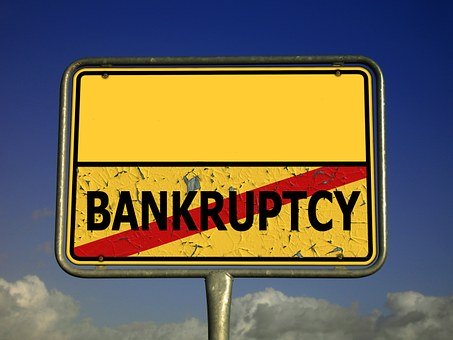Au Royaume Uni les entreprises de recouvrement de créances sont soumises à des restrictions d’action par le gouvernement britannique depuis le 03/01/2020. Les principales restrictions sont détaillées ci-dessous.
- Les entreprises de recouvrement de créances ne peuvent pas pour le moment (la procédure applicable est suspendue) initier une procédure de liquidation contre des sociétés à responsabilité limitée du fait de factures impayées. Il est toujours possible de liquider une entreprise au Royaume-Uni, mais il faut un jugement préalable, le faire signifier et si vous ne recevez toujours pas de paiement, un juge ou un shérif peut envisager de vous accorder la mise en liquidation de la société concernée. La mise en liquidation relève de l’appréciation discrétionnaire du juge ou du shérif. Les décisions en faveur des créanciers ont été rares en 2020 car les tribunaux ont tendance à favoriser les débiteurs. Cela s’applique à toutes les dettes commerciales accumulées après le 1/3/2020 jusqu’à ce jour. Cependant les règles normales s’appliquent aux dettes accumulées avant le 1/3/2020.
- Le recouvrement de créance pour tout type de dette liée à la consommation privée est strictement interdit, cela s’applique à toutes les dettes quelle que soit la date à laquelle celle-ci a été constituée.
La loi qui interdit le recouvrement de créances liée à la consommation et bloque les procédures de liquidation a été prorogée trois fois, elle devait prendre fin le 30/09/2020, puis à nouveau le 31/12/2020, et a été prorogée jusqu’au 1/04/2021. Elle a été prorogée à nouveau par le gouvernement britannique jusqu’au 30/06/2021. C’est une nouvelle très décevante pour les créanciers et pour les professionnels du recouvrement de créances au Royaume Uni car cela entrave vraiment ce que nous pouvons faire et nous ne pouvons pas menacer les entreprises avec la liquidation, l’un des principaux leviers pour recouvrer les dettes commerciales.
L’amélioration de la situation sanitaire en lien avec l’intense campagne de vaccination au Royaume-Uni devrait conduire à un retour a la normale dans les prochaines semaines pour le bien-être de la trésorerie des créanciers.
Georges Vonfelt dirigeant de GEVO Recouvrement de Créances
Fondateur du réseau de recouvrement de créances internationales SEKUNDI







![skyscraper-3032786__340[1]](https://www.gevo.fr/wp-content/uploads/2019/11/skyscraper-3032786__3401.jpg)


